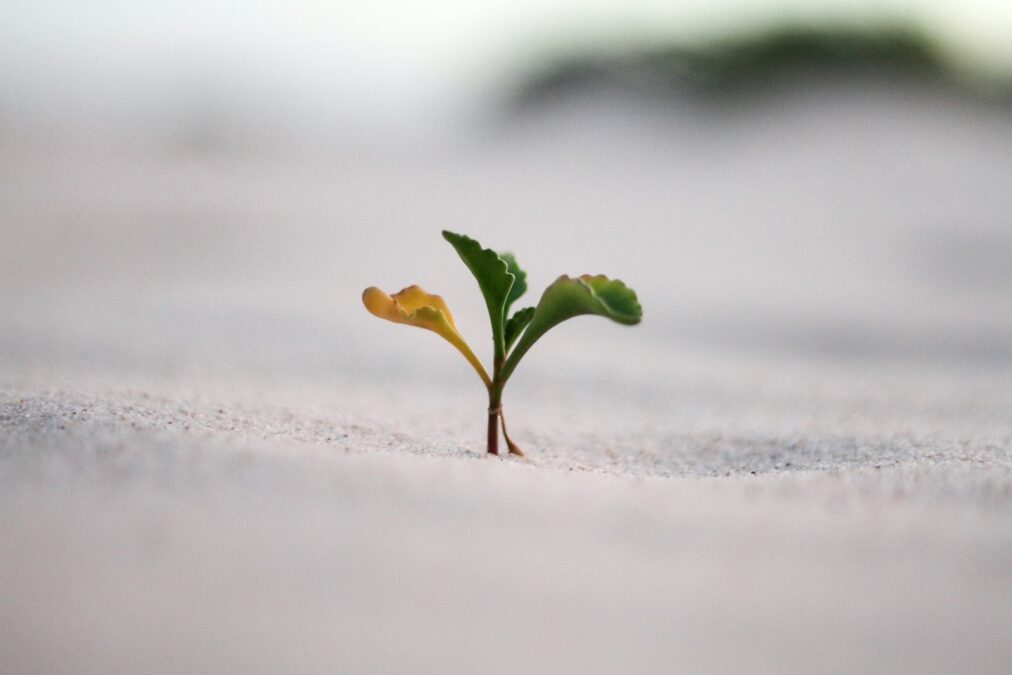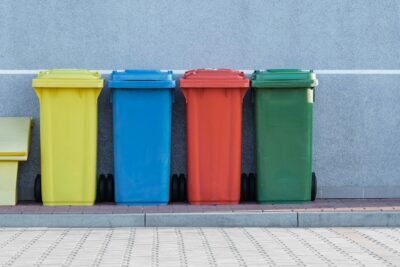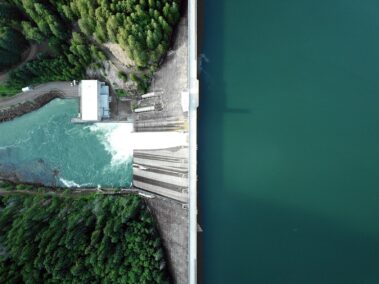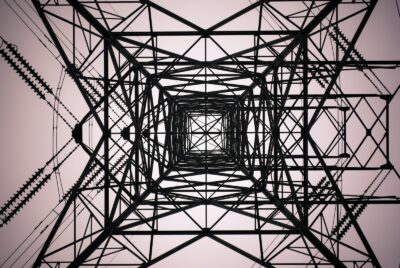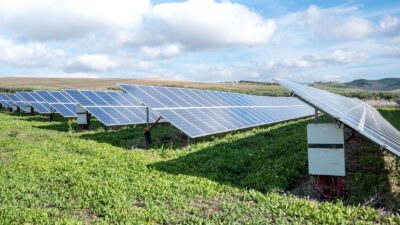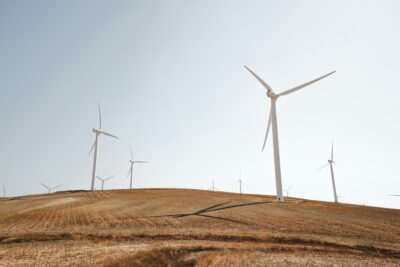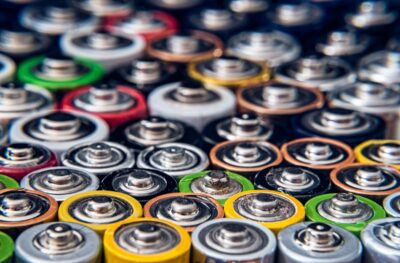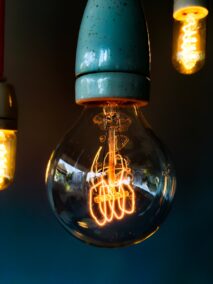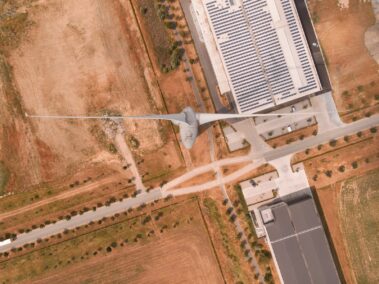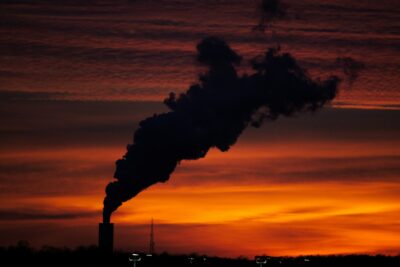Innovative Waste Treatment Technologies: A Sustainable Future
The Rise of Sustainable Waste Treatment Innovations
Sustainable waste treatment innovations are revolutionizing the way we manage organic waste, providing eco-friendly solutions and producing renewable energy. Technologies like anaerobic digestion and pyrolysis have emerged as pivotal in addressing the global waste crisis. These innovations not only mitigate environmental impact but also contribute to energy generation, aligning with the sustainability goals of nations like Saudi Arabia and the UAE.
Anaerobic digestion, a process that involves breaking down organic matter in the absence of oxygen, produces biogas and nutrient-rich digestate. This technology is gaining traction in the Middle East, particularly in Riyadh and Dubai, where it supports waste management and energy production initiatives. The biogas generated can be used as a renewable energy source, reducing reliance on fossil fuels and decreasing greenhouse gas emissions.
Pyrolysis, on the other hand, involves thermal decomposition of organic materials at high temperatures in an inert atmosphere. This process converts waste into biochar, bio-oil, and syngas, which can be utilized as alternative energy sources. Pyrolysis is being adopted in various sectors across the UAE and Saudi Arabia, showcasing the region’s commitment to embracing cutting-edge technologies for sustainable development.
Business Success through Waste Treatment Innovations
Integrating sustainable waste treatment innovations into business operations can drive significant success. Companies in Riyadh and Dubai are increasingly recognizing the economic and environmental benefits of adopting anaerobic digestion and pyrolysis technologies. These innovations not only help in reducing operational costs by converting waste into energy but also enhance corporate social responsibility by minimizing environmental impact.
Leadership and management skills are crucial in implementing these technologies effectively. Business executives and mid-level managers must foster a culture of sustainability within their organizations. By prioritizing investments in waste treatment innovations, they can lead their companies towards a greener future. This approach not only improves brand reputation but also attracts eco-conscious consumers and investors.
Moreover, project management plays a vital role in the successful deployment of anaerobic digestion and pyrolysis technologies. Effective planning, resource allocation, and stakeholder engagement are essential to ensure seamless integration of these systems. Companies in Saudi Arabia and the UAE are setting benchmarks in project management by successfully implementing sustainable waste treatment projects, thereby contributing to the region’s overall sustainability goals.
The Role of Modern Technology in Waste Management
Modern technology is at the forefront of transforming waste management practices. Innovations in artificial intelligence (AI) and blockchain are enhancing the efficiency and transparency of waste treatment processes. In Riyadh and Dubai, AI-powered waste sorting systems are being used to optimize waste segregation, ensuring that organic waste is effectively diverted towards anaerobic digestion and pyrolysis facilities.
Blockchain technology is also making waves in the waste management sector. By providing a secure and transparent platform for tracking waste from generation to treatment, blockchain ensures accountability and minimizes the risk of illegal dumping. This technology is particularly beneficial for large-scale waste management projects in the UAE and Saudi Arabia, where transparency and efficiency are paramount.
Furthermore, the integration of the Metaverse in waste management is an emerging trend. Virtual reality (VR) and augmented reality (AR) applications are being developed to provide training and simulation for waste treatment processes. These technologies enable businesses to train their staff in a safe and controlled environment, enhancing their operational capabilities and ensuring the effective implementation of anaerobic digestion and pyrolysis systems.
Driving Sustainability through Renewable Energy Production
The production of renewable energy from waste is a significant advantage of anaerobic digestion and pyrolysis technologies. In Saudi Arabia and the UAE, these technologies are being leveraged to convert organic waste into biogas, bio-oil, and syngas, which can be used to generate electricity and heat. This approach not only reduces the burden on traditional energy sources but also contributes to the countries’ renewable energy targets.
Generative artificial intelligence is playing a pivotal role in optimizing the energy production process. AI algorithms are being used to predict the energy output from waste treatment facilities, enabling better planning and management. This predictive capability ensures a consistent supply of renewable energy, supporting the energy needs of businesses and communities in Riyadh and Dubai.
Moreover, the environmental benefits of these technologies extend beyond energy production. The byproducts of anaerobic digestion and pyrolysis, such as biochar and digestate, can be used as soil conditioners and fertilizers, enhancing soil health and agricultural productivity. This holistic approach to waste management and renewable energy production is driving sustainability in the Middle East.
Leadership and Strategic Planning for Waste Treatment Projects
Effective leadership and strategic planning are critical for the successful implementation of waste treatment projects. Business leaders in Riyadh and Dubai are setting an example by prioritizing sustainability and investing in innovative technologies. By aligning their strategies with national sustainability goals, these leaders are driving the adoption of anaerobic digestion and pyrolysis systems across various sectors.
Strategic planning involves assessing the feasibility of waste treatment projects, securing funding, and engaging with stakeholders. In the UAE and Saudi Arabia, public-private partnerships are playing a crucial role in advancing these projects. Collaboration between government agencies, private companies, and technology providers ensures the successful deployment and operation of waste treatment facilities.
Additionally, continuous innovation and research are essential to keep pace with the evolving waste management landscape. Business executives must stay informed about the latest advancements in anaerobic digestion, pyrolysis, and related technologies. By fostering a culture of innovation, companies can enhance their competitive edge and contribute to the global sustainability agenda.
Conclusion: Embracing a Sustainable Future
In conclusion, the adoption of sustainable waste treatment innovations like anaerobic digestion and pyrolysis is crucial for managing organic waste and producing renewable energy. These technologies offer numerous benefits, including environmental sustainability, economic viability, and enhanced corporate social responsibility. Business leaders in Riyadh, Dubai, and across the Middle East are at the forefront of this transformation, driving success through strategic planning and effective management.
As the world continues to grapple with waste management challenges, the Middle East’s commitment to embracing modern technology and innovative solutions serves as a beacon of hope. By investing in sustainable waste treatment technologies, Saudi Arabia and the UAE are not only addressing their waste management needs but also contributing to global sustainability efforts. The integration of AI, blockchain, and the Metaverse further amplifies the impact of these innovations, paving the way for a greener and more sustainable future.
#sustainablewastetreatment #anaerobicdigestion #pyrolysis #renewableenergy #wastemanagement #moderntechnology #SaudiArabia #UAE #Riyadh #Dubai #businesssuccess #leadership #projectmanagement

